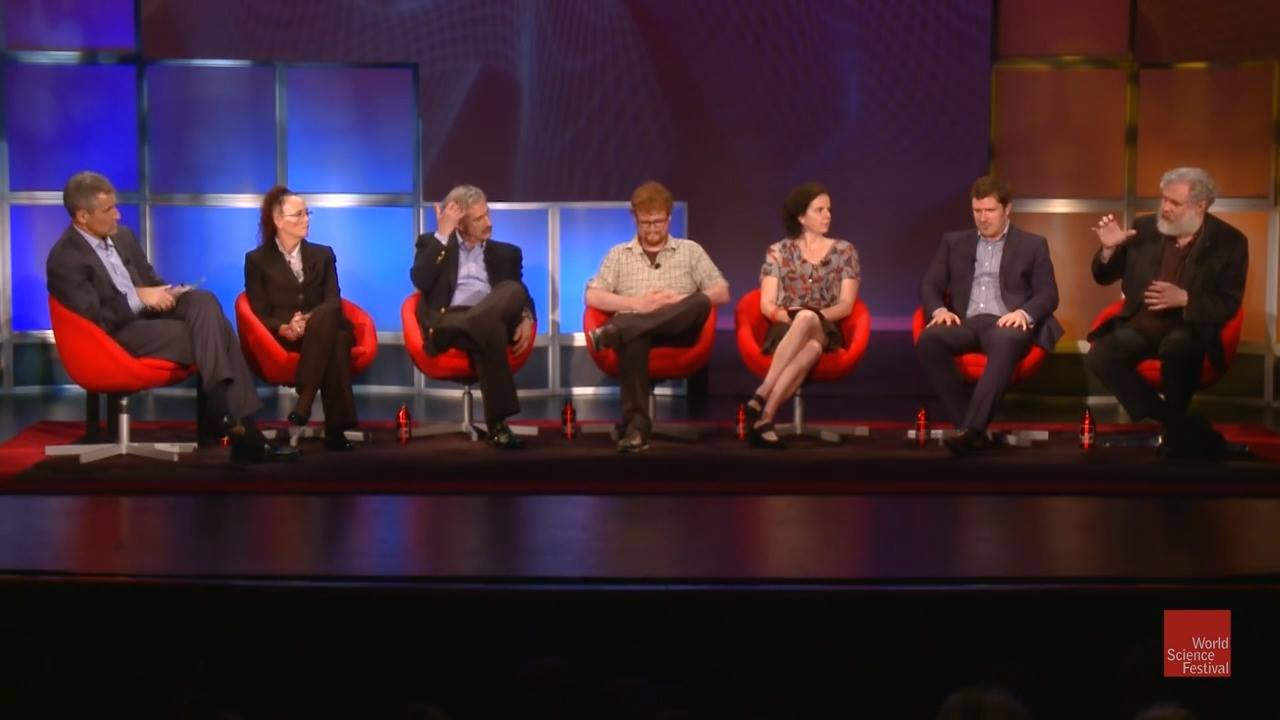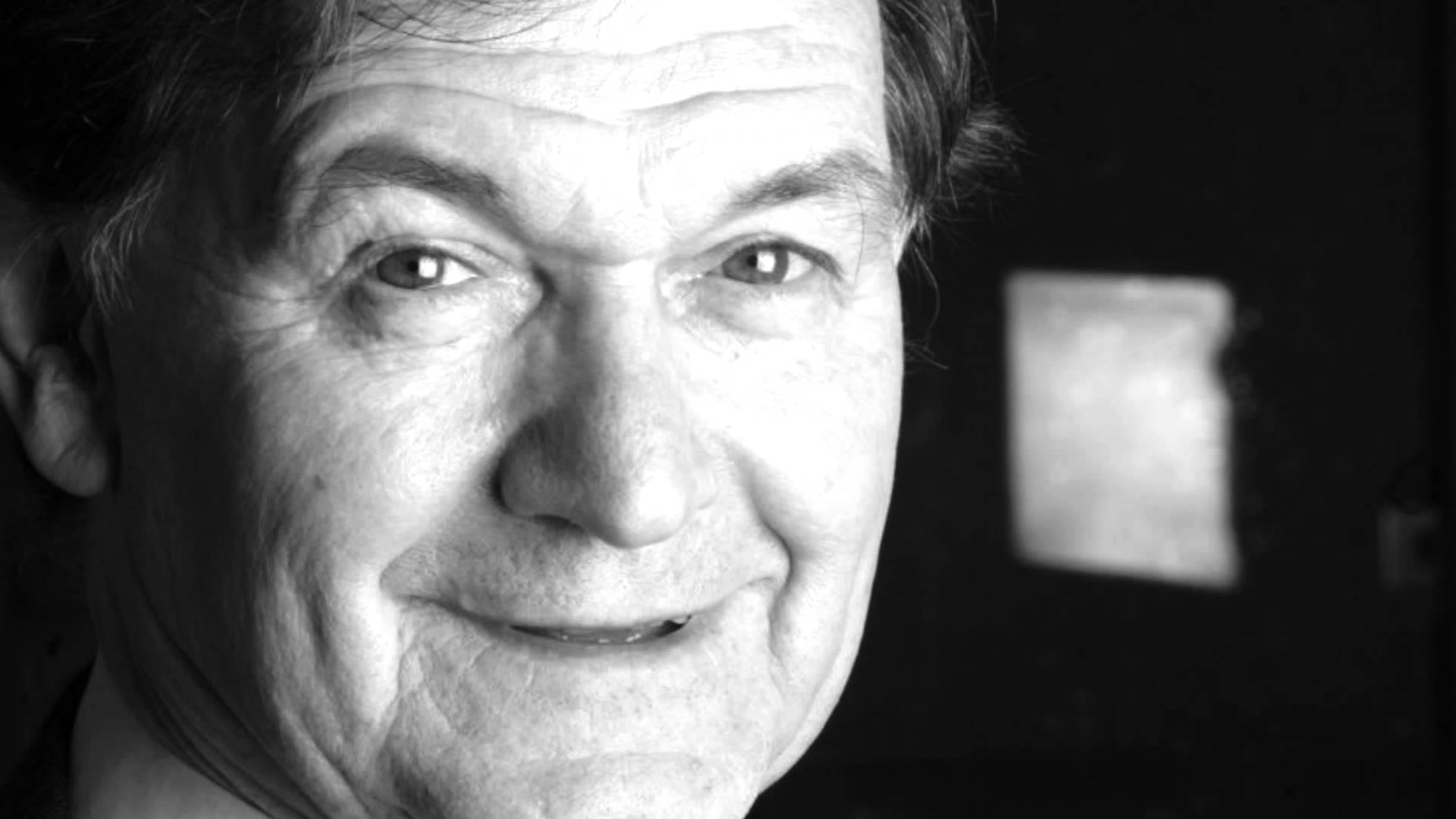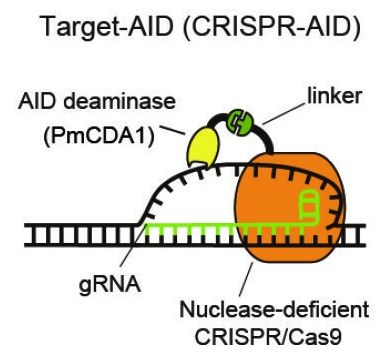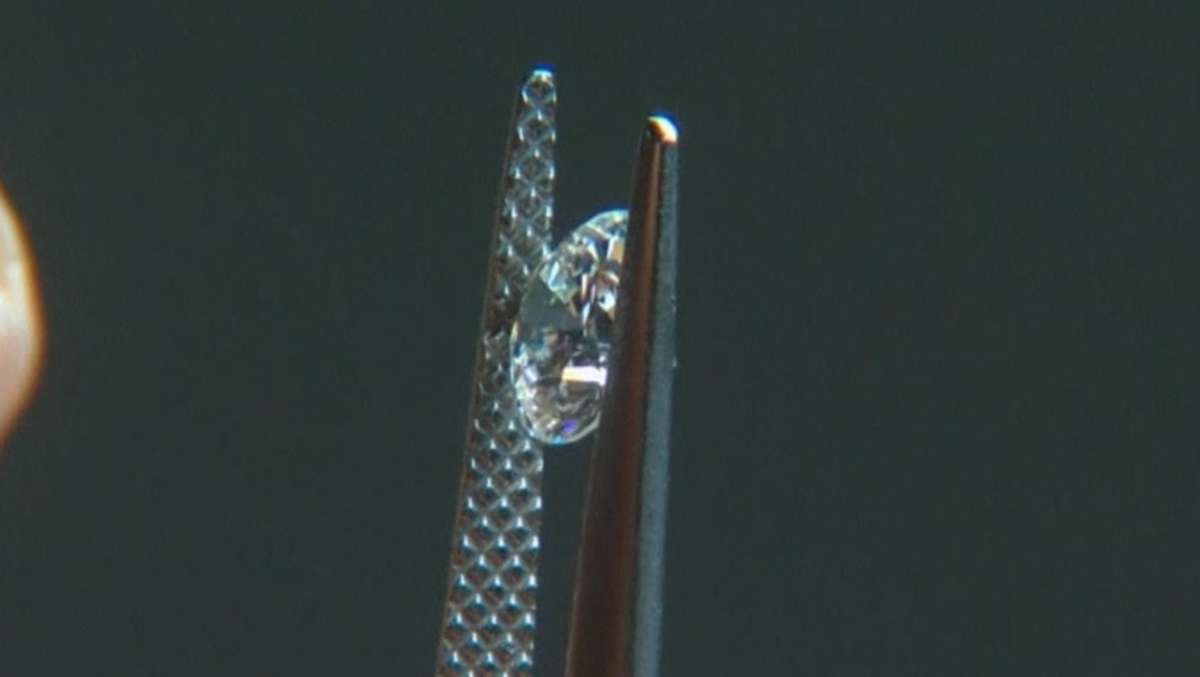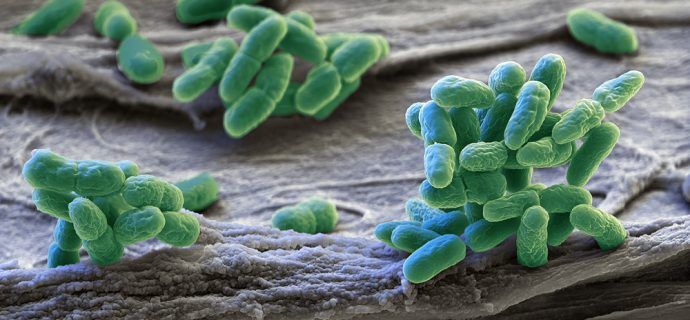My sociology of knowledge students read Yuval Harari’s bestselling first book, Sapiens, to think about the right frame of reference for understanding the overall trajectory of the human condition. Homo Deus follows the example of Sapiens, using contemporary events to launch into what nowadays is called ‘big history’ but has been also called ‘deep history’ and ‘long history’. Whatever you call it, the orientation sees the human condition as subject to multiple overlapping rhythms of change which generate the sorts of ‘events’ that are the stuff of history lessons. But Harari’s history is nothing like the version you half remember from school.
In school historical events were explained in terms more or less recognizable to the agents involved. In contrast, Harari reaches for accounts that scientifically update the idea of ‘perennial philosophy’. Aldous Huxley popularized this phrase in his quest to seek common patterns of thought in the great world religions which could be leveraged as a global ethic in the aftermath of the Second World War. Harari similarly leverages bits of genetics, ecology, neuroscience and cognitive science to advance a broadly evolutionary narrative. But unlike Darwin’s version, Harari’s points towards the incipient apotheosis of our species; hence, the book’s title.
This invariably means that events are treated as symptoms if not omens of the shape of things to come. Harari’s central thesis is that whereas in the past we cowered in the face of impersonal natural forces beyond our control, nowadays our biggest enemy is the one that faces us in the mirror, which may or may not be able within our control. Thus, the sort of deity into which we are evolving is one whose superhuman powers may well result in self-destruction. Harari’s attitude towards this prospect is one of slightly awestruck bemusement.
Here Harari equivocates where his predecessors dared to distinguish. Writing with the bracing clarity afforded by the Existentialist horizons of the Cold War, cybernetics founder Norbert Wiener declared that humanity’s survival depends on knowing whether what we don’t know is actually trying to hurt us. If so, then any apparent advance in knowledge will always be illusory. As for Harari, he does not seem to see humanity in some never-ending diabolical chess match against an implacable foe, as in The Seventh Seal. Instead he takes refuge in the so-called law of unintended consequences. So while the shape of our ignorance does indeed shift as our knowledge advances, it does so in ways that keep Harari at a comfortable distance from passing judgement on our long term prognosis.
Continue reading “Steve Fuller's Review of Homo Deus: A Brief History of Tomorrow by Yuval Noah Harari” »
